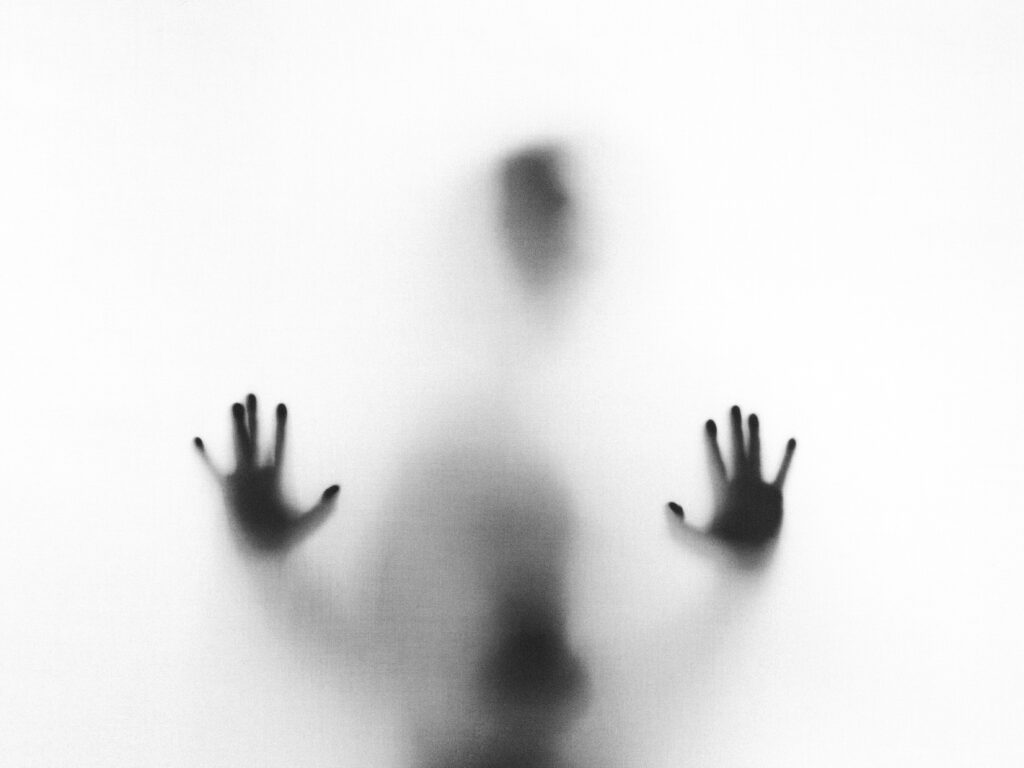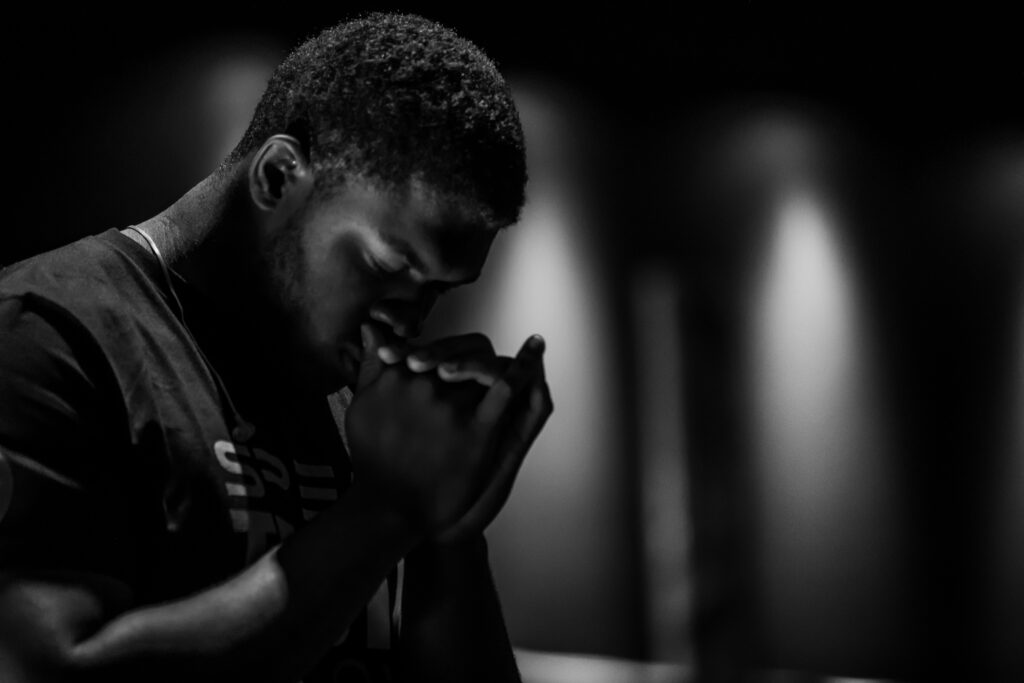Last Updated on December 20, 2023
There is nothing wrong with having a healthy inflated sense of self. People with grandiose views of themselves tend to be less stressed, less prone to depression, and are mentally tougher. Unfortunately, there are two extremes involved in narcissism. It can be a simple craving for occasional compliments but at the same time, it can also find its way to the dangerous pathological territory.
A person with narcissistic personality disorder has a lack of empathy for other people, an inflated sense of self-importance, and intense need for constant admiration and attention.
Victims of narcissistic abuse often find that it takes too long for them to heal. Here are some common reasons why recovery doesn’t come easy for victims of a person with narcissistic personality disorder:
1. Things weren’t what they seemed.
Something that seemed to be about two people actually turned out to be all about one person alone, the narcissist. The moment this fact sinks in, you might end up revisiting the things you thought were going on between you two and what actually were.
2. You feel like a fool.
Victims of narcissistic abuse often fall into the trap of damaging self-criticism. Their emotional recovery is impeded because they feel like a fool for believing the things that the narcissist said or do. They think that something is actually wrong with them because they failed to see the person for who he or she was.
3. The hindsight misery.
One more reason why healing from narcissistic abuse can take too long is because the things that any intelligent person wouldn’t miss suddenly popped out. Everything that the victim missed in the past or stayed hidden from sight is now in plain view all of a sudden. Recognizing the problem only when everything is already said and done makes recovery a challenge.
4. You feel completely powerless.
Narcissists self-regulate by feeling in control and powerful and they can only do this if there is someone they can push around. Once you feel defensive without the ability to be proactive, you might find it hard to be in control and emotionally balanced. It’s like you are just functioning on autopilot without really recovering from the experience.

Symptoms of Narcissistic Personality Disorder
To be sure that you don’t fall into the hands of a narcissistic abuser, it is important to be familiar with the most common symptoms of narcissism personality disorder:
- A need for constant admiration
- An inflated sense of entitlement and self-importance
- Expecting special treatment
- Having a negative reaction to criticisms
- Exaggerating talents and achievements
- Being preoccupied with fantasies about beauty, power, and success
- Taking advantage of other people
- Unwillingness or lack of ability to recognize the feelings and needs of other people
- Arrogant behavior
No one can tell how long you will need to wait before you can finally heal from narcissistic abuse. However, for now, the best thing that you can do is avoid a person with narcissistic personality disorder so you can avoid becoming a victim of a narcissistic abuser in the first place.








